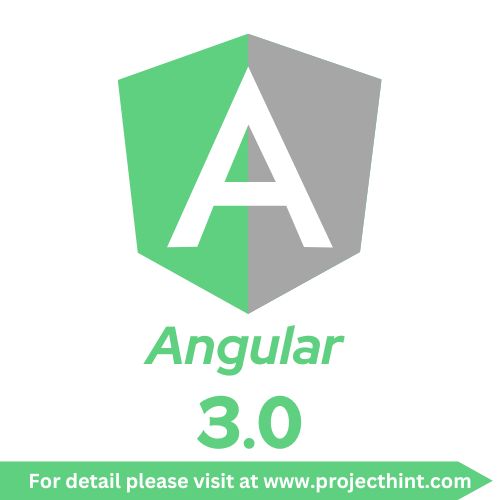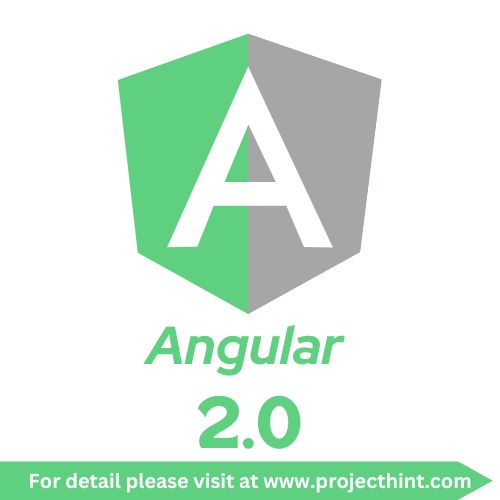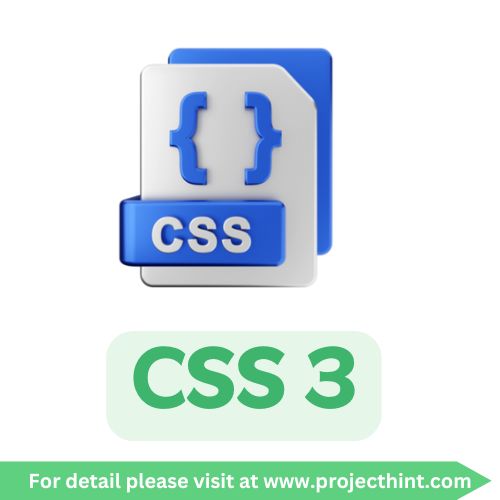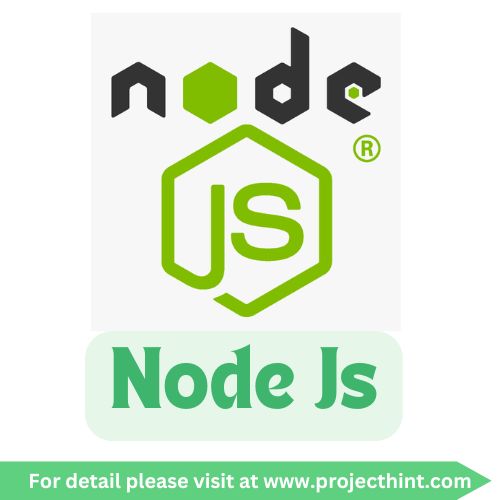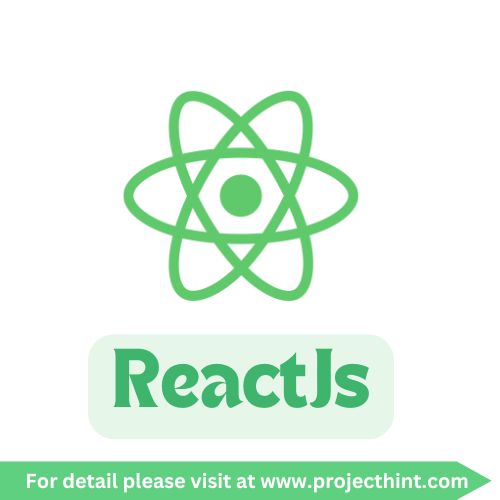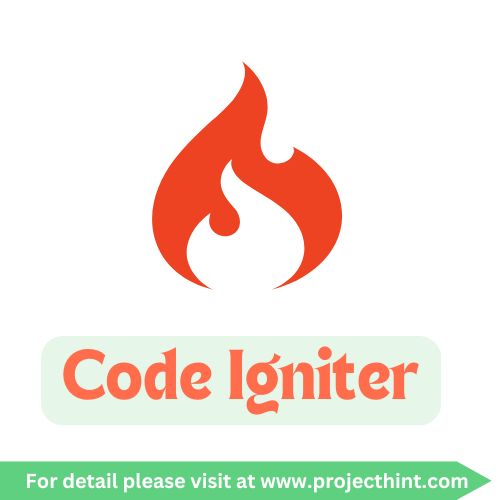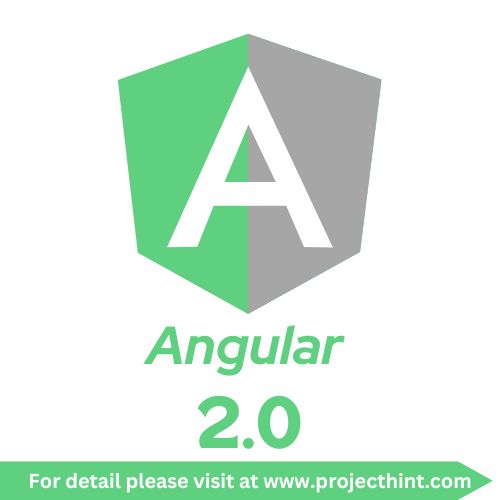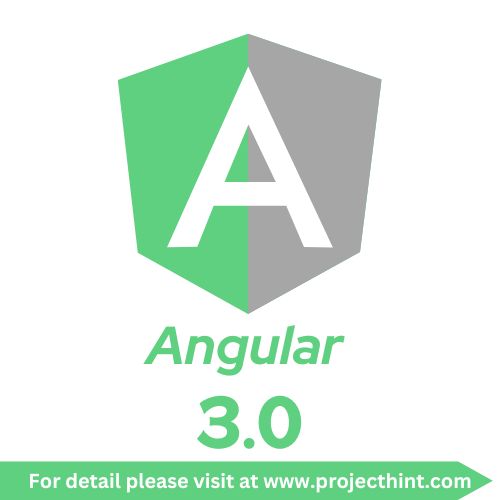Node Js
Node.js Overview
Node.js is an open-source, cross-platform JavaScript runtime that enables developers to execute JavaScript code server-side, outside the browser. Built on Chrome's V8 JavaScript engine, Node.js excels at building scalable, efficient network applications. Its event-driven, non-blocking architecture makes it a go-to solution for server-side development, particularly in real-time and high-concurrency environments.
Key Features of Node.js:
-
Asynchronous and Event-Driven: Node.js uses an event-driven, non-blocking I/O model, optimizing performance for data-heavy, real-time applications running across distributed systems.
-
JavaScript Everywhere: Developers can write both client-side and server-side code in JavaScript, enabling a consistent full-stack development experience and easier code sharing across the application.
-
Single-Threaded with Event Loop: Node.js leverages a single-threaded model, but thanks to the event loop, it can handle multiple concurrent connections efficiently, supporting scalability.
-
NPM (Node Package Manager): Node.js includes NPM, the largest open-source library repository, offering thousands of packages for easy integration and code sharing.
-
Fast Execution: Powered by Chrome's V8 engine, Node.js compiles JavaScript into machine code, enhancing performance for fast execution.
-
Real-Time Applications: Node.js is well-suited for real-time applications such as chat, gaming, and collaborative tools, offering WebSocket support for two-way communication.
-
RESTful APIs: Node.js is commonly used to create RESTful APIs, efficiently managing multiple requests simultaneously.
-
Cross-Platform: Node.js, through frameworks like Electron, allows developers to build cross-platform desktop applications using JavaScript, HTML, and CSS.
-
Microservices Architecture: Node.js supports microservices, where applications are broken down into smaller, independently deployable services, facilitating scaling and maintenance.
Example of a Simple Node.js Server:
// Import the HTTP module
const http = require('http');
// Create a server object
http.createServer((req, res) => {
res.writeHead(200, {'Content-Type': 'text/html'});
res.write('Hello, World!');
res.end(); // End the response
}).listen(3000, () => {
console.log('Server running on port 3000');
});In this example, the server listens on port 3000 and responds with "Hello, World!" when accessed.
Conclusion
Node.js is an essential tool for developers building fast, scalable server-side applications using JavaScript. Its non-blocking, event-driven architecture makes it ideal for real-time, data-intensive applications, and its extensive ecosystem, powered by NPM, allows for easy code integration and expansion.

